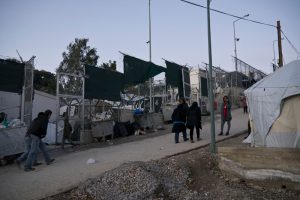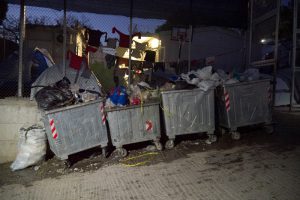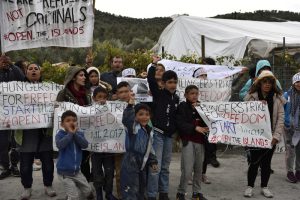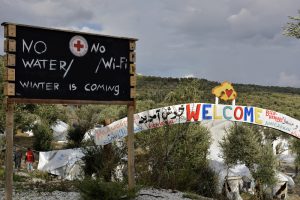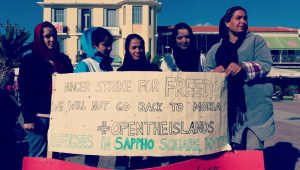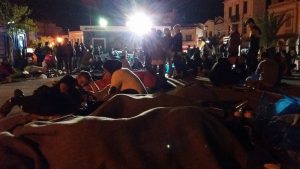SSRN | 06.09.2017
Eine rechtliche Bestandsaufnahme. Arbeitspapier
Catharina Ziebritzki, Robert Nestler
German Abstract: Wie wirkt sich der „Hotspot Approach“ der Europäischen Union auf Asylverfahren und Aufnahmebedingungen in den Flüchtlingslagern an der EU-Außengrenze aus? Werden die Grundrechte der Asylsuchenden und rechtstaatliche Grundsätze gewahrt? Dieses Arbeitspapier betrachtet das Hotspot-Konzept und dessen Umsetzung am Beispiel der griechischen Ägäis. Dazu müssen auch die EU-Umverteilungsbeschlüsse und die EU-Türkei-Erklärung in den Blick genommen werden – insbesondere letzteres prägt die Umsetzung des Konzepts in der Ägäis. Das Hotspot-Konzept modifiziert sowohl Asylverfahren als auch auf Aufnahmebedingungen an der EU-Außengrenze. Dieses Arbeitspapier legt den Fokus auf die Hotspot-Asylverfahren und untersucht gesetzliche Regelungen und Verwaltungspraxis. Abschließend werden die Aufnahmebedingungen in den Hotspot-Einrichtungen und Annexlagern in den Blick genommen.
English Abstract: How does the EU’s “hotspot approach“ influence asylum procedures and reception conditions in refugee camps at the EU external border? Does the “hotspot approach” and its implementation respect fundamental rights of asylum seekers and rule of law principles? This paper studies the approach and its implementation, using the example of the Greek Aegean islands. As the EU relocation decisions and the EU Turkey Statement alter the implementation of the hotspot approach in the Greek Aegean, these instruments have to be taken into consideration. The hotspot approach leads to a modification of both asylum procedures and reception conditions at the EU external border. The paper focuses on the law and administrative practice of hotspot asylum procedures and eventually looks at reception conditions in hotspot facilities and annex-camps.

